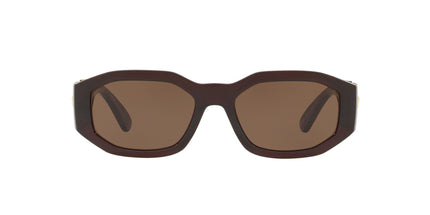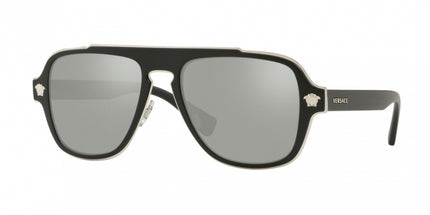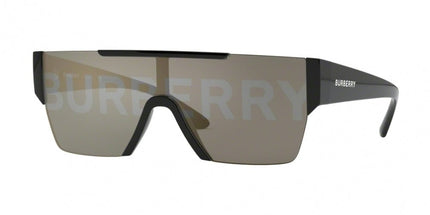Crazing on Eyeglasses? What is it & How to Prevent it?

Clear vision is a true blessing. Ask those who have to wear eyeglasses daily and all the time to see clearly. Even eyeglasses come with a few problems that cause a hindrance in seeing the world perfectly clearly.
This vision problem is common when your eyeglass lenses get crazed. With crazed lenses, your vision will be blurry with a sour mood. If this issue persists, it can further damage your eyes. So, let’s talk about eyeglass lens crazing and how you can prevent it.
What is Eyeglass Lens Crazing?
Eyeglass lenses come with anti-reflective coating, which you may also know as anti-glare or AR coating. If you wear eyeglasses daily, this is a common fact for you. Anti-reflective coating on glasses is a standard practice because it offers many benefits to eyeglass wearers.
Its best benefits include preventing light reflection and providing general eye protection. Plus, with an additional extra layer, eyeglasses look pretty classy. But, the crazing of the eyeglass lenses is a caveat of anti-reflective coating.
Crazing is like a web of cracks that aren’t visible unless you solely focus on them. In other words, you can refer to it as clouded lenses. It is not good for eyeglass wearers to look through such lenses. Therefore, you should take extra care of your anti-reflective glasses.
Reasons for Eyeglass Crazing
Your favorite anti-glare glasses may be crazing. Here are a few reasons why this happens:
- Carelessly or improperly applying anti-reflective coating on eyeglass lenses in the lab by manufacturers.
- Glasses falling on hard surfaces or rubbing against hard surfaces can also cause cloudiness.
- The anti-reflective coating may expand or contract depending on the temperature.
- If the lenses are exposed to high heat, it can cause crazing. For example, wearing eyeglasses while welding an object.
- Cleaning the eyeglass lenses with a spiky or rough material can also cause crazing. If you do this frequently, you should stop and avoid it. Use lens cleaning liquid for better results.
- Cleaning the glasses with rubbing alcohol or any harsh liquid.
If you notice tiny cracks even while taking great care of your glasses, the problem lies in the manufacturing and not at your end.
How Can Heat Affect Eyeglass Lenses?
Due to high temperatures, the anti-reflective coating on the eyeglass lenses starts expanding or contracting. This rate of expansion or contraction depends on the intensity of the temperature. Other than crazing, here are a few more adverse effects of heat on eyeglasses:
- Warping of eyeglass lenses
- Plastic of the glasses softens
- Polarized sunglasses’ film gets damaged
To reduce the risk of damaging your glasses, remember not to leave the glasses in a hot car. Don’t wear them in extreme weather.
Can Transition Eyeglasses Face Crazing?
Crazing can happen when the glasses are exposed to heat for longer periods. This doesn’t mean you can’t wear glasses on a hot, sunny day. You won’t notice the crazing normally. Plus, there aren’t any restrictions on wearing glasses on a sunny day.
However, keeping your lenses safe from sweltering temperatures is recommended. So, if your transition glasses have an anti-reflective coating, they can also be crazed.
How Can I Prevent Crazing?
To prevent crazing, avoid all the situations we have mentioned above. Other than those recommendations, here are a few more:
- Your eyeglasses need proper care. Always treat them carefully.
- Use lens spray to clean the glasses. They are widely available in the market.
- Use lukewarm water to clean dust and debris on your glasses.
- Use soft cloth material or a cotton handkerchief to clean the glasses. You can also use cloth made especially for glass lenses that you receive with your glasses.
- Don’t just leave your glasses anywhere in the house. Place them in their case, in a proper space when you are not using them. Hard eyeglass cases are the best ones to store your spectacles.
How Can I Fix Crazed Lenses?
It may be possible to eliminate lens crazing by stripping their anti-reflective coating. However, we don’t recommend doing it by yourself. Many eye care professionals and labs have stripping solutions that can be used to remove the coating.
However, the results can differ depending on the coating and lens used in the glasses. For instance, removing the anti-reflective coating from high-index or polycarbonate lenses may not be possible.
Again, don’t opt for any DIY solution, as your vision is at stake. The results achieved can be unreliable. So, leave this work to professionals.
















 Back to Blog Page
Back to Blog Page









